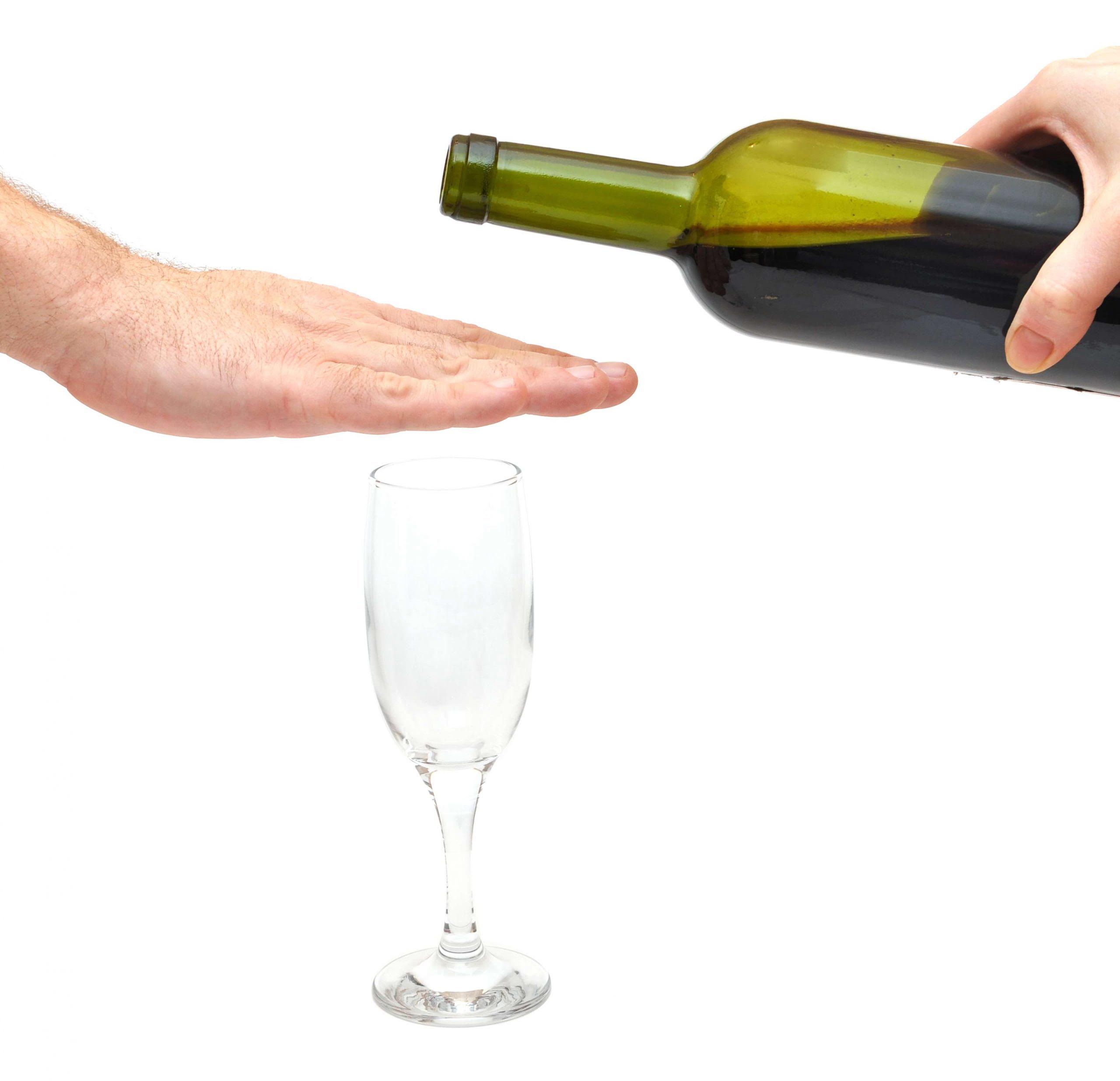Indeed, both preclinical and clinical studies suggest a link between anxiety and propensity to self-administer alcohol (Henniger et al. 2002; Spanagel et al. 1995; Willinger et al. 2002). As the body cannot store alcohol, it is treated as a potential poison physiological dependence on alcohol and eliminated via the liver, which makes it particularly vulnerable to the harmful effects of alcohol. Hence, alcoholic liver disease is the most likely type of physiological condition to result from persistent or chronic heavy alcohol consumption.

In addition, your alcohol use may significantly impact your personal, professional, and social life. You may struggle with maintaining relationships with friends or family, and personality changes may occur. Physical effects, such as organ damage and changes to your outward appearance, may also start to present. The separate notions of physical dependence and psychological dependence are artificial and represent a myth regarding addictive behaviors.
Why has the pandemic led to increased alcohol consumption?
Alcohol is implicated in a high proportion of cases of child neglect and abuse, and heavy drinking was identified as a factor in 50% of child protection cases (Orford et al., 2005). Social learning theory also provides some explanations of increased risk of excessive drinking and the development of alcohol dependence. People can learn from families and peer groups through a process of modelling patterns of drinking and expectancies (beliefs) about the effects of alcohol. Teenagers with higher positive expectancies (for example, that drinking is pleasurable and desirable) are more likely to start drinking at an earlier age and to drink more heavily (Christiansen et al., 1989; Dunn & Goldman, 1998). In general, offspring of parents with alcohol dependence are four times more likely to develop alcohol dependence. Evidence from genetic studies, particularly those in twins, has clearly demonstrated a genetic component to the risk of alcohol dependence.

Activation of the HPA axis and CRF-related brain stress circuitry resulting from alcohol dependence likely contributes to amplified motivation to drink. For example, animal studies have indicated that elevation of corticosteroid hormone levels may enhance the propensity to drink through an interaction with the brain’s main reward circuitry (i.e., mesocorticolimbic dopamine system) (Fahlke et al. 1996; Piazza and Le Moal 1997). Similarly, https://ecosoberhouse.com/article/alcohol-and-anxiety-can-drinking-cause-panic-attacks/ systemic administration of antagonists that selectively act at the CRF1 receptor also reduced upregulated drinking in dependent mice (Chu et al. 2007) and rats (Funk et al. 2007; Gehlert et al. 2007). Addiction treatment trials often use the Diagnostic and Statistical Manual of Mental Disorders (Text Revision), 4th edition (DSM-IV-TR) definition of alcohol use disorders ([AUD] abuse or dependence) to define study participants.
Alcohol Withdrawal
With regard to sex, although women with AUD enter treatment earlier in the course of the disease than men,133 clinical studies of pharmacologic AUD treatment tend to be comprised of mostly male patient populations. Physical dependence on alcohol is a serious condition that can contribute to the development of alcohol addiction and other medical issues, but help is available. If you or a loved one thinks they are experiencing physical alcohol dependence, do not hesitate to contact a treatment provider to explore your treatment options. Mid-Stage – Mid-stage alcohol dependence is marked by a loss of control over both cravings for alcohol and drinking habits.
What You Need To Know About Drug Addiction – Risk Factors, Symptoms, & More – The Recovery Village
What You Need To Know About Drug Addiction – Risk Factors, Symptoms, & More.
Posted: Tue, 21 Nov 2023 08:00:00 GMT [source]
Many of these signs and symptoms, including those that reflect a negative-affect state (e.g., anxiety, distress, and anhedonia) also have been demonstrated in animal studies involving various models of dependence (Becker 2000). When a person consumes alcohol, their body undergoes a series of physiological changes that lead to dependence. With consistent heavy drinking, the delicate balance of these chemical messengers becomes disrupted, resulting in altered moods, behaviors, and mental well-being. The body’s natural defences against free radicals (eg antioxidants) can be inhibited by alcohol consumption, leading to increased liver damage [13]. Heavy drinking over a period of years can damage the liver, causing inflammations such as steatosis (fatty liver) alcoholic hepatitis, and fibrosis. A number of studies support a ‘small’ causal relationship between consumption and risk of developing liver cancer [14].
Pharmacotherapy: non-approved medications for AUD
You may need a medically supervised alcohol detox if you are physically dependent on alcohol. This is due to the high risks the withdrawal effects may have on the body, which may even be fatal. More recent studies have also indicated certain genetic, social, psychological, or environmental factors may also impact the body’s dependency on alcohol.
- In more common language and in earlier disease-classification systems this has been referred to as ‘alcoholism’.
- The separate notions of physical dependence and psychological dependence are artificial and represent a myth regarding addictive behaviors.
Risk of a given level of alcohol consumption is also related to gender, body weight, nutritional status, concurrent use of a range of medications, mental health status, contextual factors and social deprivation, amongst other factors. Therefore it is impossible to define a level at which alcohol is universally without risk of harm. More direct evidence supporting increased alcohol consumption as a consequence of repeated withdrawal experience comes from animal studies linking dependence models with self-administration procedures.